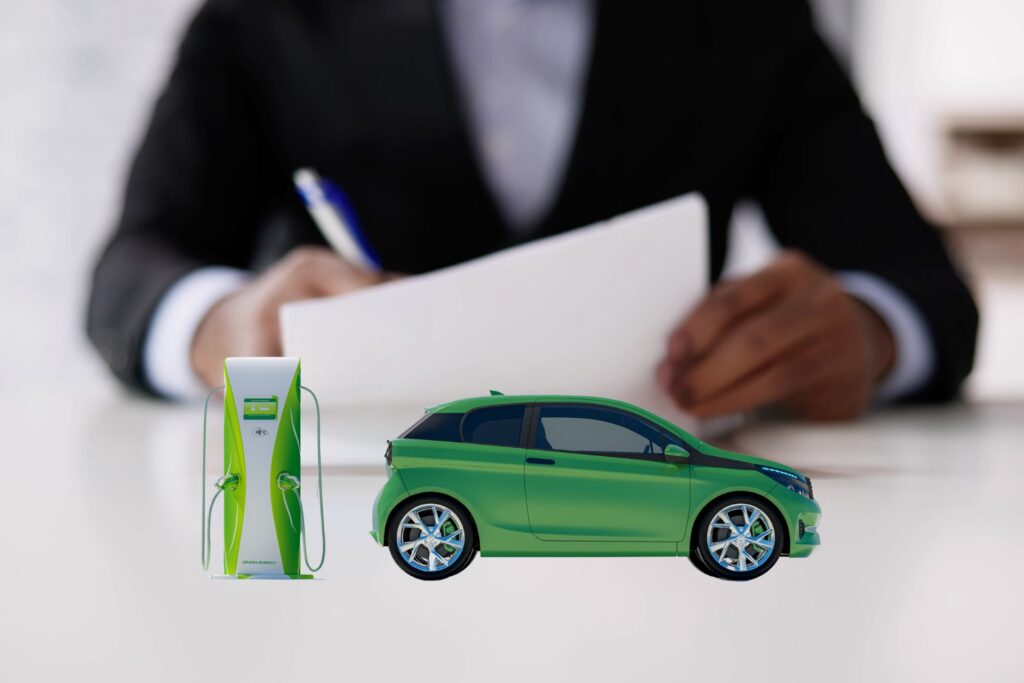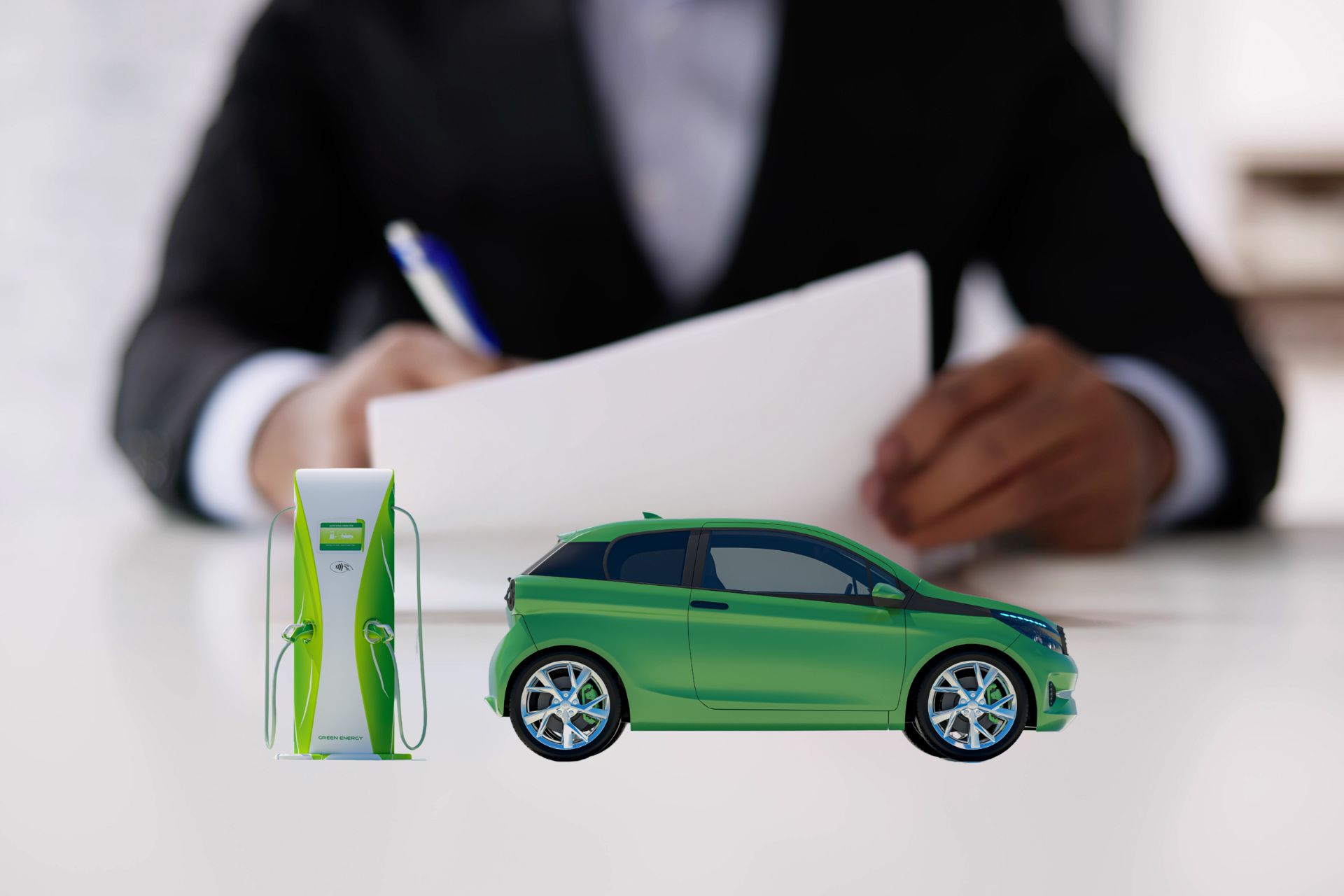You’re behind the wheel of your first electric car, gliding down the road in near silence, feeling proud to be part of a cleaner, greener future. But then, your insurance bill arrives—and suddenly, you’re not so sure you made the right move. If you’ve ever felt confused or even a little frustrated by the cost of insuring an electric vehicle, you’re in good company. As more people make the switch to EVs, understanding what’s really going on with insurance premiums matters—not just for your budget, but for your peace of mind.
Let’s break down why electric vehicle insurance costs what it does, what’s driving those numbers, and how things are changing for the better. Whether you’re thinking about buying an EV or already own one, you’ll find tips and insights here to help you make smart choices.
The Real Cost of Insuring Electric Vehicles
Why EVs Cost More to Insure
Electric cars usually cost more to buy upfront than gas cars, which means they’re worth more—and that’s what insurers look at when setting your premium.
The battery is the heart (and the most expensive part) of your EV. Replacing a battery can cost thousands of dollars, so insurance companies factor that in.
Not every mechanic can fix an electric car, and some parts aren’t always in stock. That means repairs can take longer and cost more.
Comparing EVs and Gas Cars
On average, insuring an electric car can cost 15–25% more than a gas car. For some models, the difference is even bigger.
For example, a BMW i4 might cost around $3,800 a year to insure, while a Chevrolet Bolt is closer to $2,500. The national average for a gas car is about $2,700.
What’s the good news? That gap is getting smaller. In 2025, the average annual premium for an EV is about the same as for a gas car, thanks to more insurers getting into the game and better repair networks.

What Drives EV Insurance Premiums
The Car Itself
Luxury or high-performance EVs (think Tesla or Rivian) are the most expensive to insure because of their fancy tech and pricey parts.
More affordable models like the Chevrolet Bolt or Nissan Leaf tend to have lower insurance rates, sometimes even below average.
Repairs and Parts
Fixing an electric car isn’t always simple. Finding parts isn’t always simple, and it requires specialized training. That may result in longer wait times and greater repair costs.
As more people buy EVs, repair shops are catching up, and this should help bring down costs over time.
Insurance Features That Matter
Look for policies that cover battery damage and roadside help and don’t reduce your payout for depreciation. If something goes wrong, these extras could save your life.
Some insurers are starting to include battery coverage as part of their standard EV policies.
What’s Next for EV Insurance?
Pay-As-You-Drive and Usage-Based Insurance
Some insurers now offer plans where your premium depends on how much and how safely you drive. If you don’t drive a lot, or you’re a careful driver, you could save big.
If your car is parked more often than it is driven, pay-as-you-go options are ideal.
Eco-Friendly Discounts
More insurance companies are offering discounts for driving an EV or charging with renewable energy.
Some even throw in extras like free breakdown cover or rewards for eco-friendly habits.
Competition Is Bringing Prices Down
As more insurers compete for your business, prices are dropping. In 2025, insurance for new EVs is still a bit higher than for new gas cars, but if you drive a Ford or Volkswagen EV, your premium could actually be lower than for a Tesla.
Better batteries, more repair shops, and easier access to parts mean insurance costs are likely to keep falling.
FAQs
Purchases and repairs for electric cars are pricier, particularly for the battery. There aren’t as many trained repair shops yet, but that’s changing fast.
Compare prices, shop around, and inquire about any savings for low mileage or safe driving. Selecting a model that requires less maintenance can also be beneficial.
No, not all policies cover battery damage or replacement. Always ask your insurer what’s included and look for plans that offer comprehensive battery protection.
Yes. As more people drive EVs and insurers get better at handling claims, premiums are expected to drop. New technology and more repair options will help too.
Conclusion
Owning an electric car is about more than saving on gas or helping the environment—it’s about being part of something bigger. While insurance for EVs has been pricier, things are changing quickly. By knowing what affects your premium and staying on top of new trends, you can make choices that protect your car and your wallet.
Ready to get the best deal? Choose the coverage that best suits your needs by comparing quotes and inquiring about green discounts. The future of driving is electric, and with the right information, you can enjoy every mile.
Content Source
Forbes, NerdWallet, Bankrate, Kelley Blue Book, Insurance Information Institute, Consumer Reports, U.S. News & World Report, Edmunds, J.D. Power, National Association of Insurance Commissioners (NAIC), Insurance Institute for Highway Safety (IIHS), CNBC, AAA










